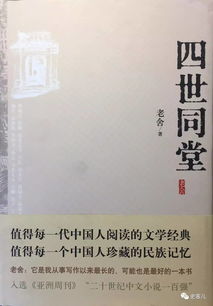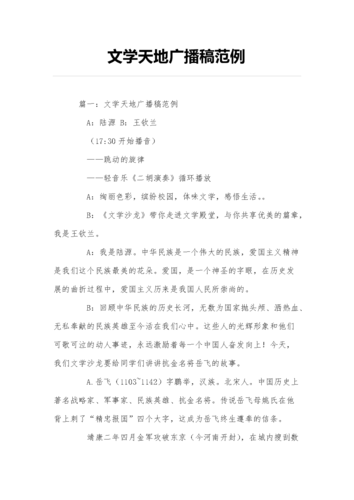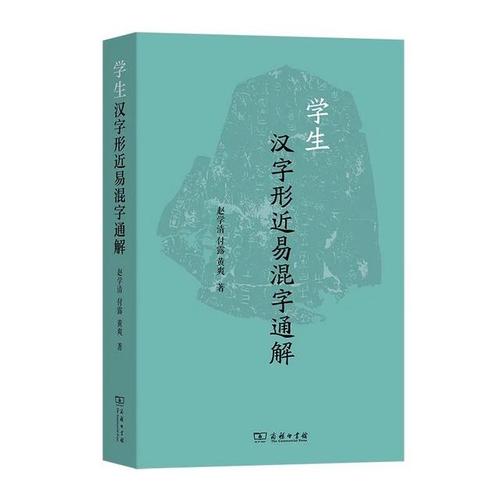文学作品翻译英语怎么说
Exploring the World of Literary Translation
内容:
Literary translation plays a crucial role in sharing stories, ideas, and cultural experiences across different languages. It requires not only linguistic fluency but also a deep understanding of the original text's nuances, cultural context, and literary style. In this article, we will delve into the world of literary translation and discuss the skills and challenges associated with this specialized field.
1. The Role of a Literary Translator:
Literary translators serve as cultural ambassadors, bridging the gap between different languages and bringing literary works to a wider audience. Their task is not merely to translate words but to recreate the poetic beauty, emotional depth, and stylistic elements of the original work in their target language.
2. Skills Required for Literary Translation:

a) Language Proficiency: A strong command of both the source language and the target language is fundamental. Translators must possess an extensive vocabulary and an understanding of grammar, syntax, and idiomatic expressions.
b) Cultural Knowledge: Translators should be wellversed in the cultural, historical, and social contexts of both the source and target languages. This awareness enables them to capture the subtle nuances and references embedded in the original text.
c) Creative Writing: Literary translation is a form of creative writing. Translators must possess the ability to recreate the author's style, maintain the rhythm and tone of the original work, and capture the essence of the story.
3. Challenges in Literary Translation:
a) Ambiguity and Wordplay: Literary works often involve wordplay, puns, and cultural references that are challenging to translate accurately. Translators must find creative solutions to convey the intended meaning without compromising the literary quality.
b) Cultural Equivalents: Certain concepts, expressions, or cultural phenomena may not have direct equivalents in the target language. Translators must strive to find culturally appropriate alternatives while preserving the original intent.
c) Subjectivity: Translators face the subjective nature of their work, as different interpretations can lead to varying translations. Balancing fidelity to the source text with readability in the target language requires careful consideration.
4. Tips for Aspiring Literary Translators:
a) Read Extensively: To become a skilled literary translator, immerse yourself in literature from different cultures and eras. This exposure will broaden your understanding of varied styles and enhance your linguistic abilities.
b) Collaborate with Authors: Whenever possible, collaborate directly with authors. This rapport allows for a deeper understanding of the text and facilitates open communication regarding the translator's choices.
c) Join Translation Communities: Engaging with fellow translators through workshops, conferences, and online forums provides valuable feedback, resources, and opportunities to learn from experienced professionals.
In conclusion, literary translation is an art that requires a blend of linguistic expertise, cultural knowledge, and creative writing skills. It enables people around the world to access and appreciate the diverse literary treasures available in different languages. Aspiring literary translators should strive to continuously improve their language proficiency, engage with the source text deeply, and collaborate with authors and fellow translators. Through dedication and passion, translators can convey the beauty and power of literature across borders.










